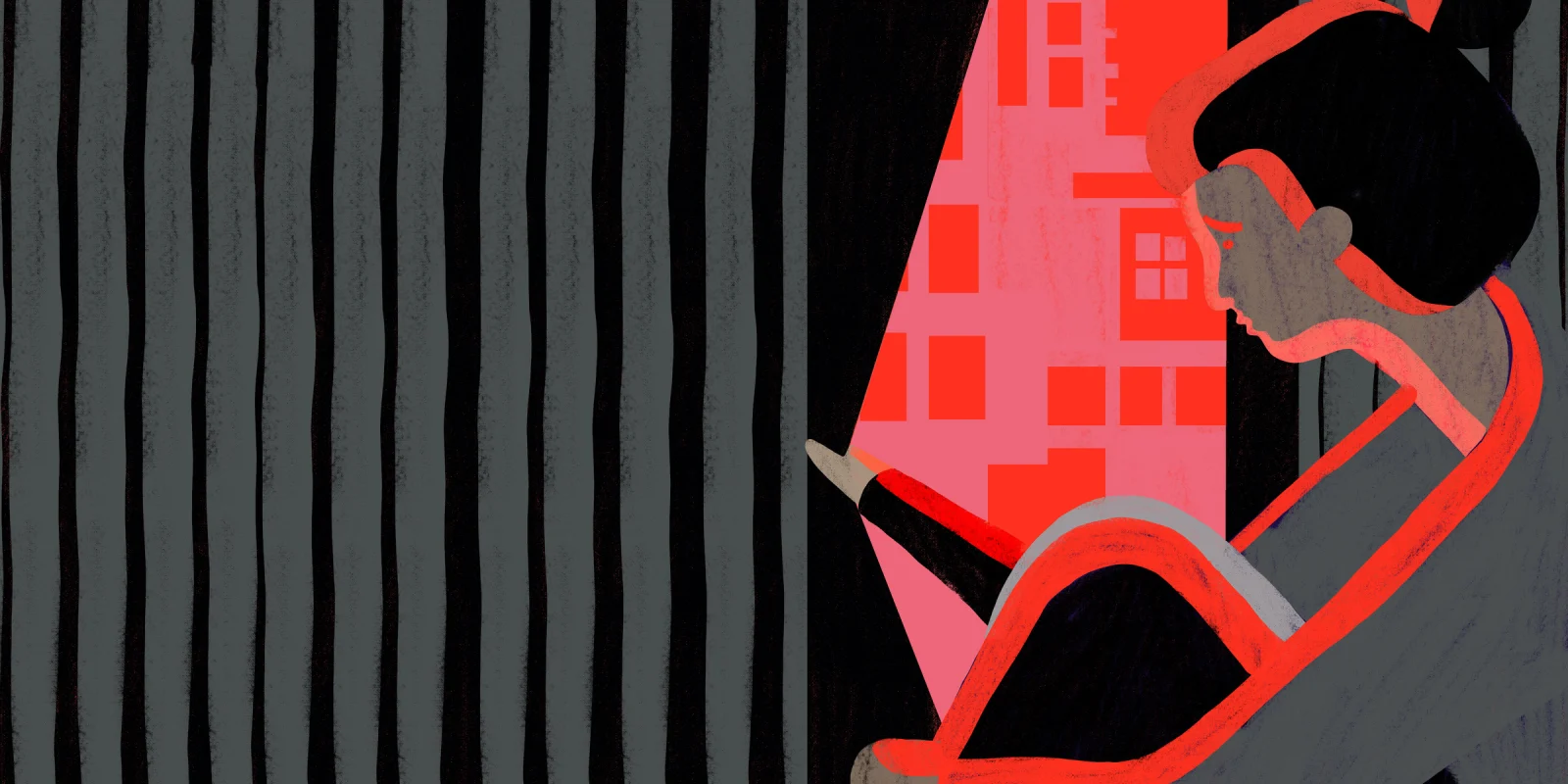
As anxieties collectively heighten, what is happening to those who were already struggling with their mental health before COVID-19? As a psychiatrist working in a public outpatient clinic in New York, I work with clients who not only seek our services but depend on them. From mild anxiety to severe psychosis, we know mental health disorders are exacerbated by stress. Lately, I have found it difficult to regulate my own stress, let alone comprehend how to support my patients in these unprecedented times. As the uncertainty surrounding COVID-19 persists, those foremost in my mind are individuals with severe psychiatric illnesses who require consistent, intensive care in the outpatient setting. In a quarantined city, the access and quality of mental health care has decreased as clinics have turned away newcomers — especially as some psychiatrists were pulled to the front lines, or even fell ill themselves. As a result, patients with previously consistent follow-up are falling through the cracks. The scramble to implement telepsychiatry has been an important solution for those who can benefit from mental health services remotely. However, there are individuals who cannot benefit, either due to symptom severity or lack of access to telehealth. As the world is put on pause to fight COVID-19, how do we support those who cannot pause their symptoms?
In response to COVID-19, many outpatient psychiatric clinics have hastily implemented telepsychiatry, which includes either phone or video sessions. For some individuals, receiving care through these platforms will be enough to weather the storm until they can return to in-person visits. For others, it will not be enough. I work in an underprivileged community where a vast majority cannot access computers or telephones at home. Some clients do not even have a cell phone due to financial constraints. In a client population that needs persistent encouragement to take medications, not having consistent psychiatric counsel leads to noncompliance. Due to fear of infection, clients are choosing to stay home rather than pick up prescribed medications. Many clients rely on monthly antipsychotic injections that need to be administered in the clinic to prevent decompensation. Weekly follow-ups are necessary for lab monitoring that ensures no side effects arise from complicated medication regimens. With clients hesitating to even enter a clinic, these services are not being completed as frequently as before. Particularly with diagnoses such as bipolar or schizophrenia, medications need to be taken regularly or else risk reemergence of debilitating symptoms, or even psychiatric admission.
Then there are the limitations of telepsychiatry itself. For those who have struggled with crippling symptoms that are only partially responsive to medications, the therapeutic relationship can be that extra boost that provides psychological relief. For a population that is already socially isolated, decreased access to appointments means cutting a precious link to society. Due to stigma, they have accepted a life of quarantine long before any of us. They watch TV, if they have one, order groceries, and have learned to pass the time in solitude. This is because their auditory hallucinations are too distracting when they go out in public, their delusions are telling them that strangers are plotting to kill them. Some of my clients depend on their weekly sessions as their only form of human contact after enduring years of rejection by family and friends. Whether they face rejection by society or accept self-isolation due to debilitating symptoms, it is a different kind of involuntary confinement.
In my clinic, I have already begun to witness psychiatric symptoms worsening due to the stress and decreased access to care. Some clients cope with psychotic symptoms that already turned the world against them before the world was a dangerous place for us all. In a time when fear is contagious, paranoia and distrust become a bigger mental burden than ever. Delusions already distance people from reality; in a time when the unknown weighs more heavily than the known, those who struggle to grasp reality may lose sight of it more. I have seen unrelenting depression, which was resistant to multiple medications even before COVID-19, evolve into suicidal thoughts. Auditory hallucinations that were previously kept at bay become more demanding and derogatory.
Not only does stress on a national level mean grappling with more severe symptoms with less available support, but those with chronic psychiatric illness are more at risk when it comes to COVID-19. Those with chronic mental health disorders are more likely to have multiple medical problems due to the metabolic risks associated with their medications. As we know, chronic medical problems are a risk factor for complications with COVID-19. Some of my clients are homeless, which means living in a shelter or on the streets. With the crowded conditions and limited cleanliness in a shelter, they cannot protect themselves even if they try. As for the streets, the ordeals currently being faced are unimaginable. With a shuttered city and an endangered economy, access to kind gestures is limited.
It is important to remember those who are particularly vulnerable as a result of COVID-19, even if they do not contract the illness themselves. For those who have chronically struggled with the upkeep of their mental health, professional care signifies more than a therapist or relief of symptoms. Mental health care providers are the constants in their lives when others have abandoned them. We are their supporters when their family is critical or uncaring. We look at them with kindness when no one else does. We are a respite from the emotional, verbal, physical, or sexual abuse that happens at home. Adequate mental health care is already being lost in the devastating confusion of COVID-19. And for some, losing a therapeutic relationship means losing a lifeline.
Gali Hashmonay is a psychiatry resident at SUNY Downstate Medical Center.
Image: Jess Rodrigues / shutterstock
Click here to see more perspectives on COVID-19 from the Doximity network.
Click here for up-to-date news about COVID-19 on Doximity.







